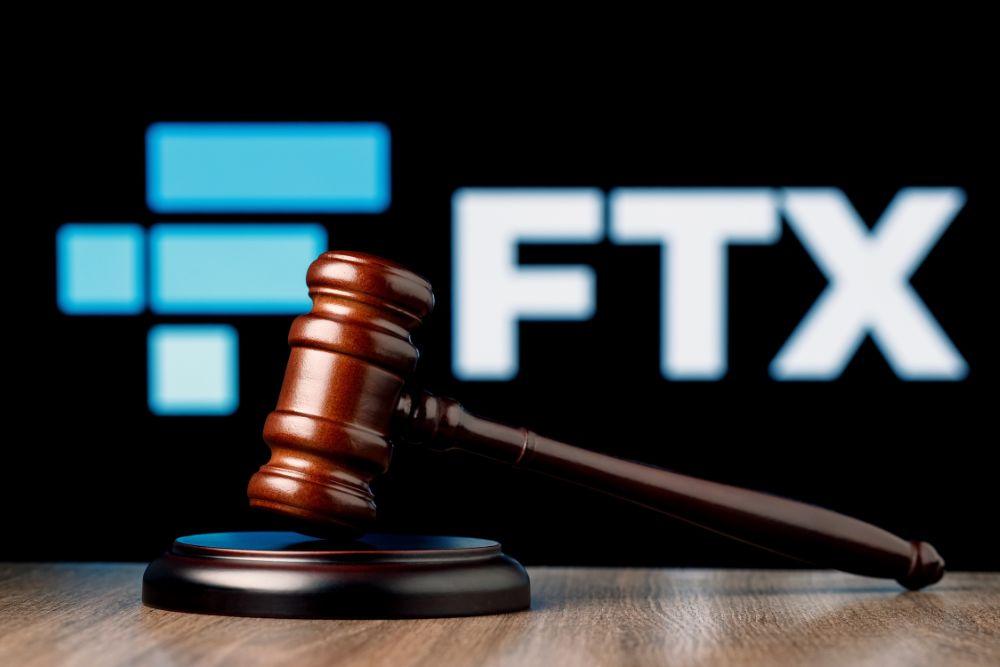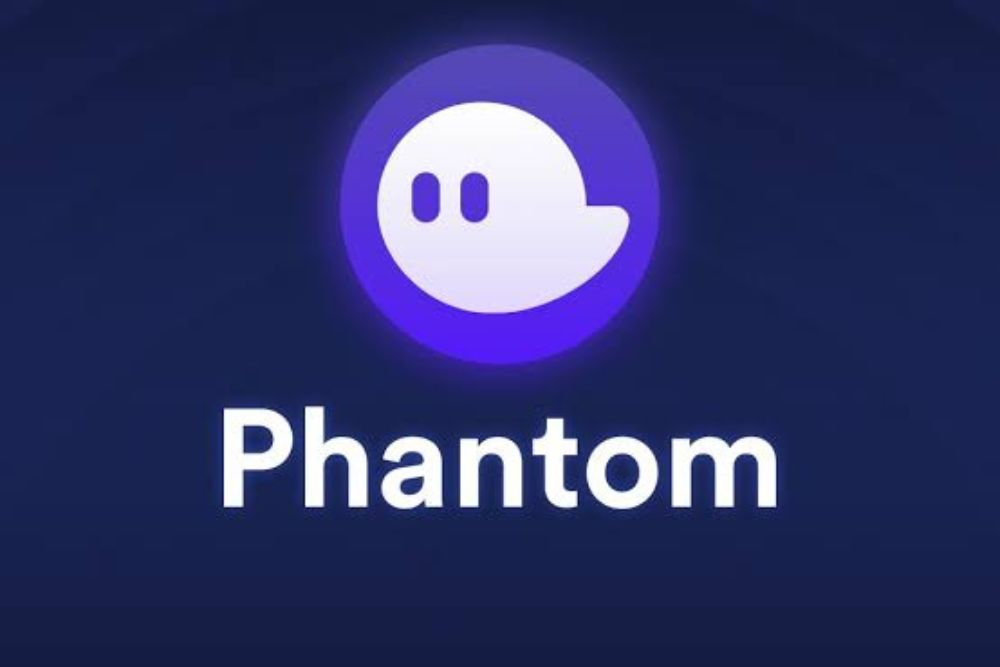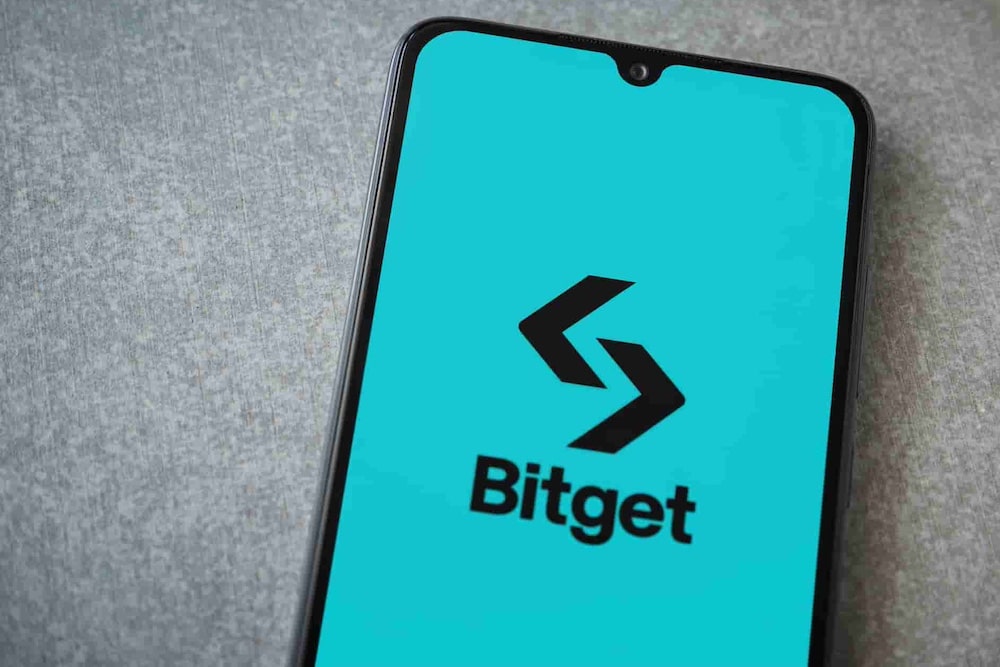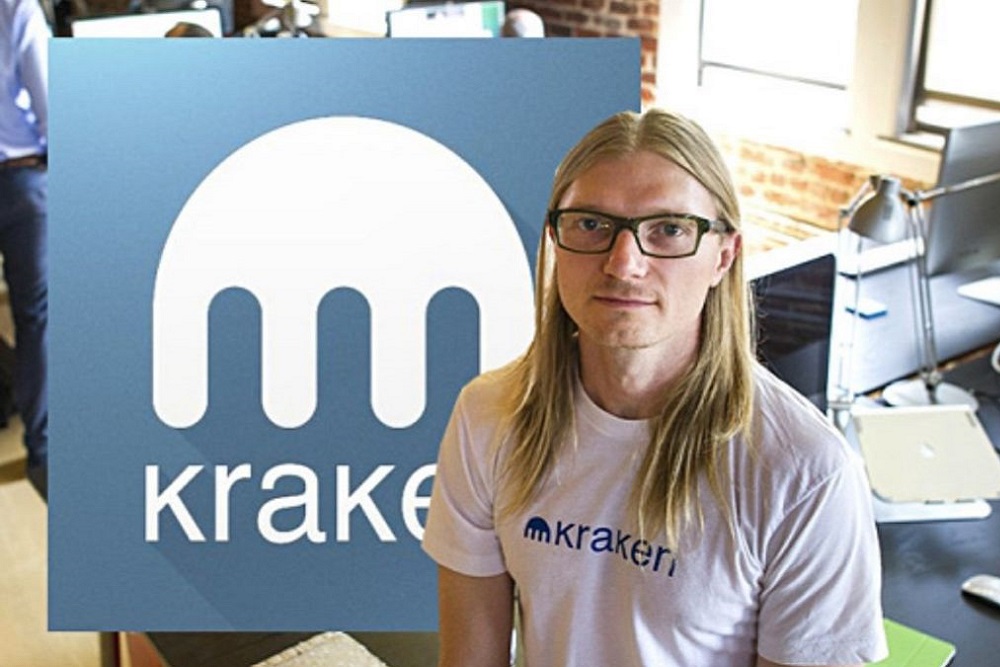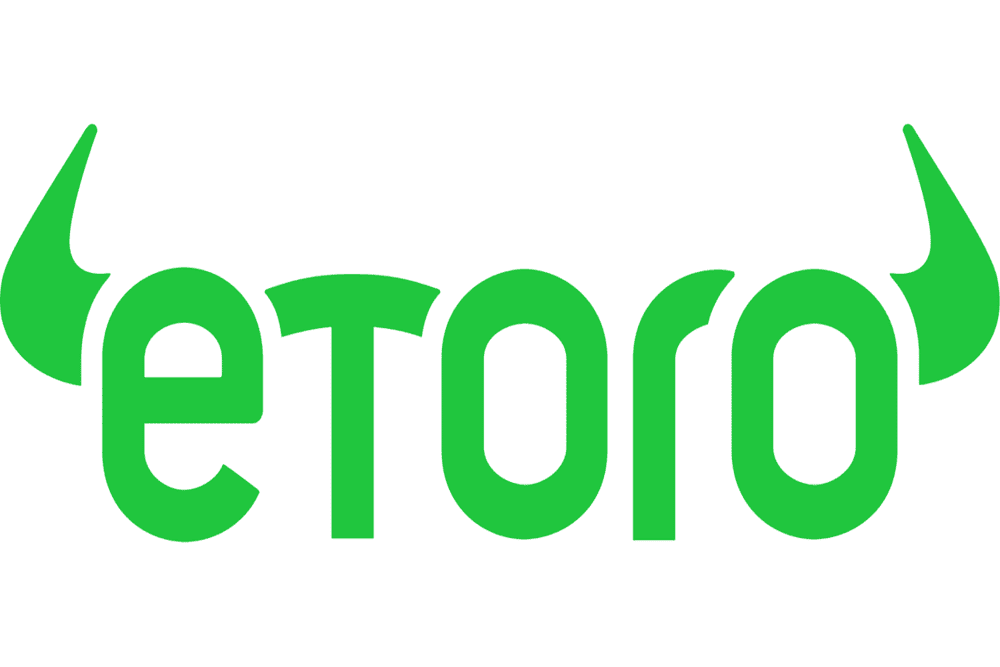A United States bankruptcy court in Wilmington, Delaware, has approved FTX’s plan to repay 98% of customers and creditors within 60 days.
According to a press release, FTX will reimburse its customers with at least 118% of the account values they held as of November 2022, when the company filed for bankruptcy. The repayment is subject to know-your-customer (KYC) and other distribution requirements.
FTX to Repay Creditors
The collapsed exchange estimated that the total value of assets recovered, converted into cash, and ready for distribution will range between $14.7 billion and $16.5 billion.
The outcome marked a win for creditors, made possible by recovering cash and crypto that had been lost amid the company’s collapse. The firm secured additional funds by selling various assets, including its stakes in tech firms such as the artificial intelligence startup Anthropic.
Commenting on the latest announcement, John J. Ray III, CEO and Chief Restructuring Officer of FTX, said:
“The Court’s confirmation of our Plan is a significant milestone on our pathway to distributing cash to customers and creditors. Today’s achievement is only possible because of the experience and tireless work of the team of professionals supporting this case, who have recovered billions of dollars by rebuilding FTX’s books from the ground up and marshaling assets from around the globe.”
Ray added that agreements are being finalized with specialized agents to help ensure customer recoveries are handled safely and efficiently.
FTX’s Dramatic Fall
FTX, led by its founder and former CEO Sam Bankman-Fried, had positioned itself as one of the leading platforms in the sector. However, in November 2022, revelations of financial mismanagement and allegations of fraud led to a liquidity crisis, causing the exchange to halt operations and subsequently file for bankruptcy.
Since then, the court-managed bankruptcy proceedings have included various stakeholders, such as creditors, institutional investors, and former FTX customers, striving to recover their funds.
Bankman-Fried was found guilty of two counts of wire fraud, two counts of conspiracy to commit wire fraud, one count of conspiracy to commit securities fraud, one count of conspiracy to commit commodities fraud, and one count of conspiracy to commit money laundering.
